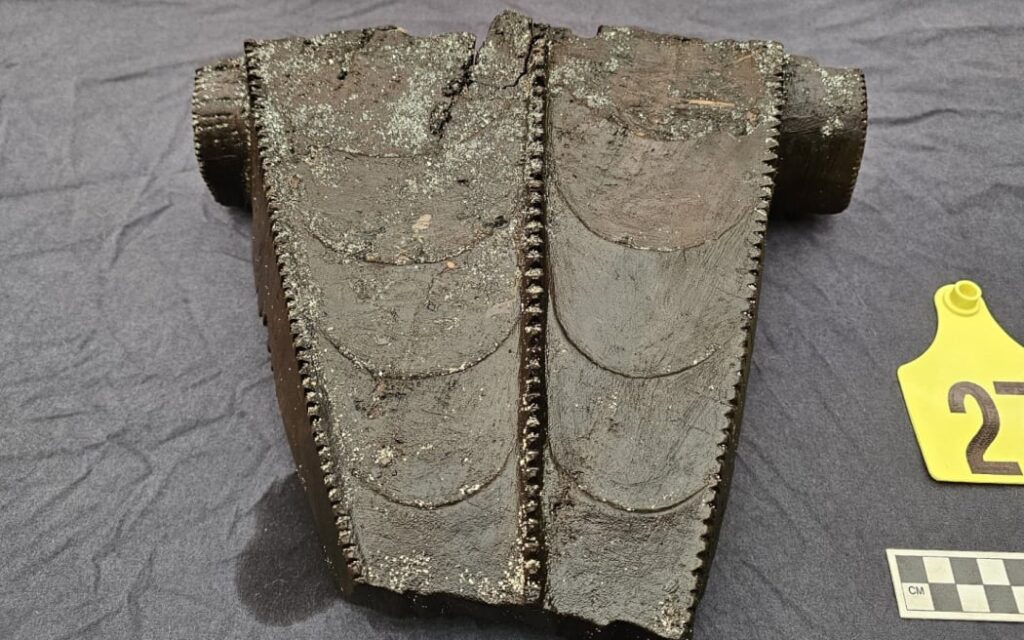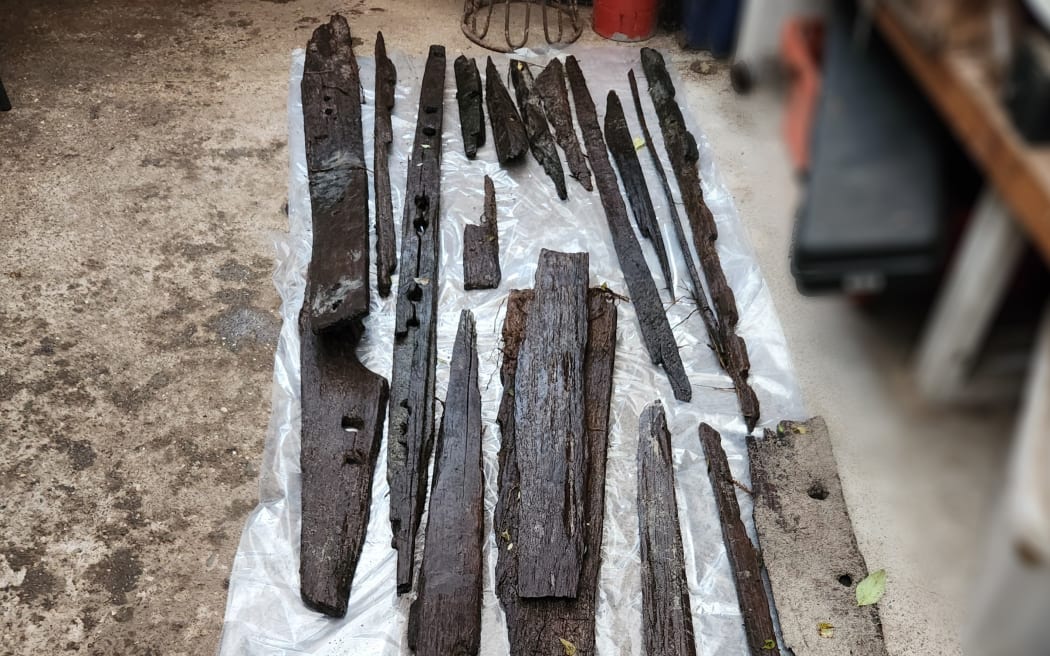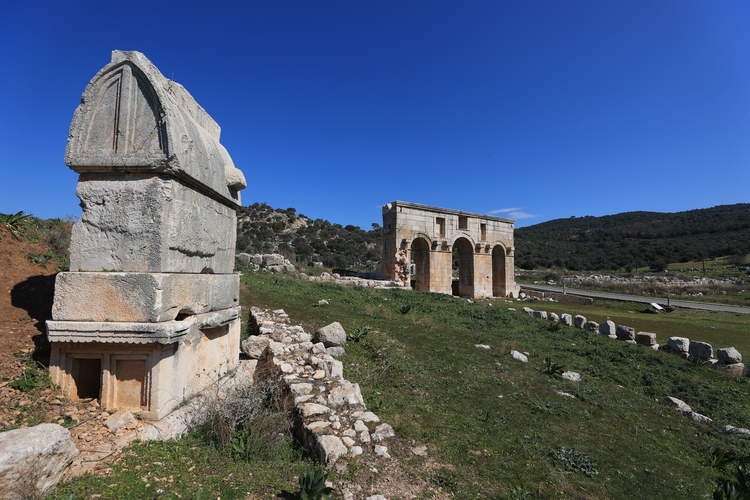New Zealand archaeology has reached a significant turning point with a seemingly ordinary search for wood conducted by Vincent and Nikau Dix along the shores of Rēkohu (Chatham Islands). This discovery resulted in the finding of an ocean voyage waka, which has the potential to reshape our understanding of Polynesian history. The artifact has captivated both the local community and experts alike.
Waka is a traditional canoe designed for ocean voyages, holding a deep significance in Polynesian culture. Typically made of wood, these vessels symbolize the connection to the sea, the spirit of exploration, and the mastery of navigation within communities. Used for transportation, fishing, and cultural activities, wakas are essential elements of Polynesian seafaring.
The “strange-looking stick” found by the Dix family in August was initially thought to be an ordinary piece of wood. However, as they unearthed more from the sand, they realized they had stumbled upon something extraordinary. Their discovery of the waka’s headpiece upon returning to the beach after the rain confirmed the significance of their find, generating great excitement among the island’s 650 residents.

The excavation project has sparked immense enthusiasm among participants. To date, approximately 400 pieces have been unearthed, and there remains a possibility of finding more waka remnants along the coastline. The unique carvings, along with the discovery of carved obsidian and woven ropes, suggest that the waka may be of considerable age. The connection of small wooden fragments to native Aotearoa trees such as pukatea, tōtara, and rimu further enhances the importance of the discovery.
Archaeologist Justin Maxwell, who is leading the project, emphasized that such a waka has never been encountered before, highlighting the discovery as one of the most significant in New Zealand and Polynesian archaeology. Maxwell stated, “There are so many stories to tell, and we haven’t even scratched the surface.” Conservation specialists are meticulously washing, processing, and preserving each piece. Cultural observer Tom Lanauze, of Ngāti Mutunga and Moriori descent, believes the waka may be linked to historical narratives about Moriori vessels.
The discovery of the ocean waka marks a pivotal moment in New Zealand archaeology. This finding sheds light on Polynesian navigational traditions and the ancestral stories of local iwi and Moriori. As research continues, the waka will unveil long-buried narratives, becoming a significant treasure for both the community and the field of archaeology. This discovery offers an opportunity to delve into the depths of Polynesian history, enriching our cultural heritage.
Cover Image Credit: Some pieces of the waka have recovered from the site, with larger pieces expected to be uncovered. Credit: Manatū Taonga
Source: Arkeonews





